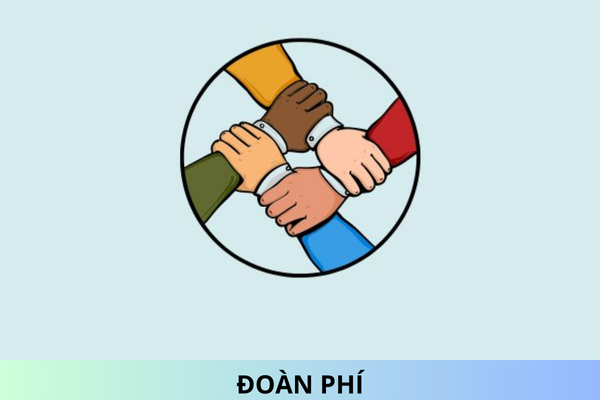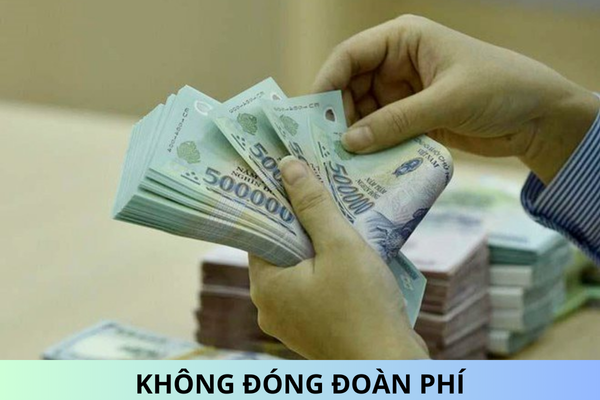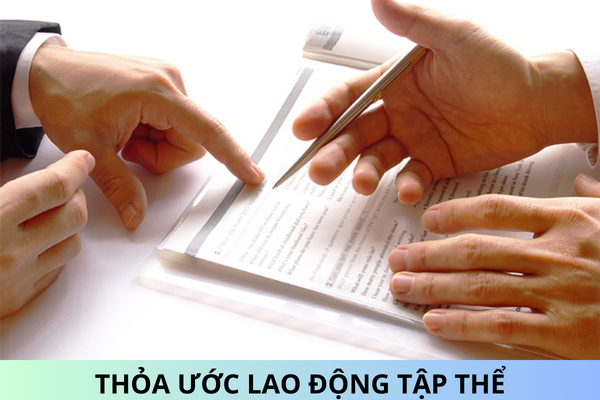Can employees have their salary advance limited in Vietnam?
Can employees have their salary advance limited in Vietnam? Looking forward to the answer. Question from Mr. Phuoc in Hoa Binh.
Can employees have their salary advance limited in Vietnam?
Based on Article 101 of the 2019 Labor Code regulating salary advances as follows:
Salary advances
1. An employee may receive an interest-free salary advance in accordance with conditions agreed on by the two parties.
2. The employer must make the advance payment to the employee for the number of days the employee temporarily leaves his/her work in order to perform duties of citizens for a period of 01 week or longer, but the advance shall not exceed 01 month’s salary. The employee must reimburse the advance.
An employee who is conscripted in accordance with the Law on Conscription may not receive salary advance.
3. When taking annual leave, an employee shall receive an advance payment of at least salary for the entitled days of leave.
Therefore, currently, in cases where employees receive advance payment of salaries, the limit of salaries that can be advanced will be agreed upon by the employee and the employer. The law does not stipulate a limit on the amount of salaries that can be advanced, except for the following cases:
- In cases where employees take leave to fulfill civic duties for a period of at least 1 week, employers must provide employees with an advance payment of salaries not exceeding 1 month according to the labor contract, and employees must repay the amount advanced.
- In cases where employees take annual leave, employees are entitled to an advance payment of an amount at least equal to the salaries for the days of leave.
For cases of military service duty, employees will not be entitled to advance payment of salaries.

Can employees have their salary advance limited in Vietnam? (Image from the Internet)
In which cases are salary advances granted to employees in Vietnam?
Based on Clause 3, Article 97 of the 2019 Labor Code, the provisions on salary payment time are as follows:
Salary payment time
1. An employer who receives an hourly, daily or weekly salary shall be paid after every working hour, day or week respectively, or shall receive a sum within not more than 15 days as agreed by both parties.
2. An employee who receives a monthly or bi-weekly salary shall be paid after every month or every two weeks respectively. The payment time shall be periodic and agreed upon by both parties.
3. An employee who receives a piece rate or a fixed amount shall be paid as agreed by both parties. In case a task cannot be completed within one month, the employee shall receive a monthly advance payment based on the amount of work done in the month.
...
According to Article 101 of the 2019 Labor Code, the provisions on salary advances are as follows:
Salary advances
1. An employee may receive an interest-free salary advance in accordance with conditions agreed on by the two parties.
2. The employer must make the advance payment to the employee for the number of days the employee temporarily leaves his/her work in order to perform duties of citizens for a period of 01 week or longer, but the advance shall not exceed 01 month’s salary. The employee must reimburse the advance.
An employee who is conscripted in accordance with the Law on Conscription may not receive salary advance.
3. When taking annual leave, an employee shall receive an advance payment of at least salary for the entitled days of leave.
At the same time, Article 128 of the 2019 Labor Code provides for work suspension as follows:
Work suspension
...
2. The work suspension shall not exceed 15 days, or 90 days in special circumstances. During the suspension, the employee shall receive an advance of 50% of his/her salary entitled prior to the suspension.
Upon the expiry of the work suspension period, the employer shall reinstate the employee.
3. Where the employee is disciplined, he/she shall not be required to return the advanced salary.
4. Where the employee is not disciplined, the employer shall pay the full salary for the work suspension period.
According to this Article, employees shall be temporarily advanced wages in the following cases:
- By agreement between employees and employers;
- In case employees who receives a piece rate or a fixed amount shall be paid as agreed by both parties. In case a task cannot be completed within one month, the employee shall receive a monthly advance payment based on the amount of work done in the month.
- Employees who are temporarily absent from work to fulfill their civic obligations for a period of one week or more;
- When taking annual leave;
- Employees who are suspended from work.
Can employers refuse to grant employees salary advances in Vietnam?
Based on Clause 2, Article 6 of the 2019 Labor Code, which stipulates obligations of employers, as follows:
Rights and obligations of employers
...
2. An employer has the obligations to:
a) implement the employment contracts, collective bargaining agreement and other lawful agreements with employees; respect the honor and dignity of employees;
b) establish a mechanism for and hold dialogue with the employees and the representative organization of employees; implement the regulations on grassroots-level democracy;
c) Provide basic training and advanced training in order to help employees improve their professional skills or change their occupations;
d) implement regulations of laws on labor, employments, vocational education, social insurance, health insurance, unemployment insurance, occupational safety and health; develop and implement solutions against sexual harassment in the workplace;
dd) Participate in development of the national occupational standards, assessment and recognition of employees’ professional skills.
Therefore, according to the provisions of labor law, employers are not obligated to grant employees a salary advance, except in the following 4 cases:
- Employees who are paid based on products or contracts
- Employees who are temporarily absent from work to fulfill their civic obligations
- When taking annual leave;
- Employees who are temporarily suspended from work.
Best Regards!










